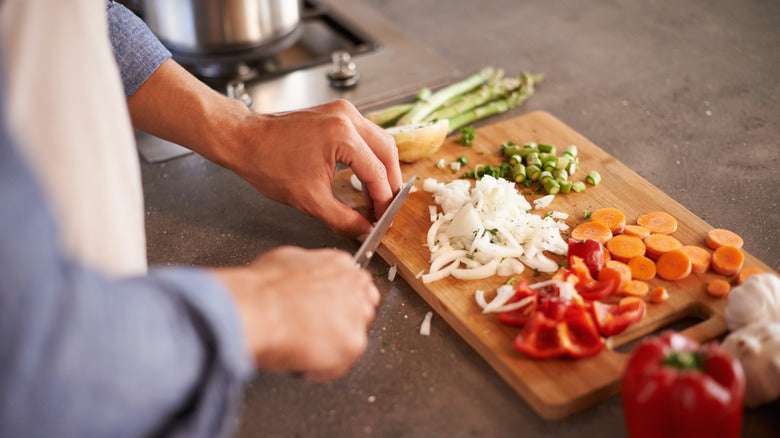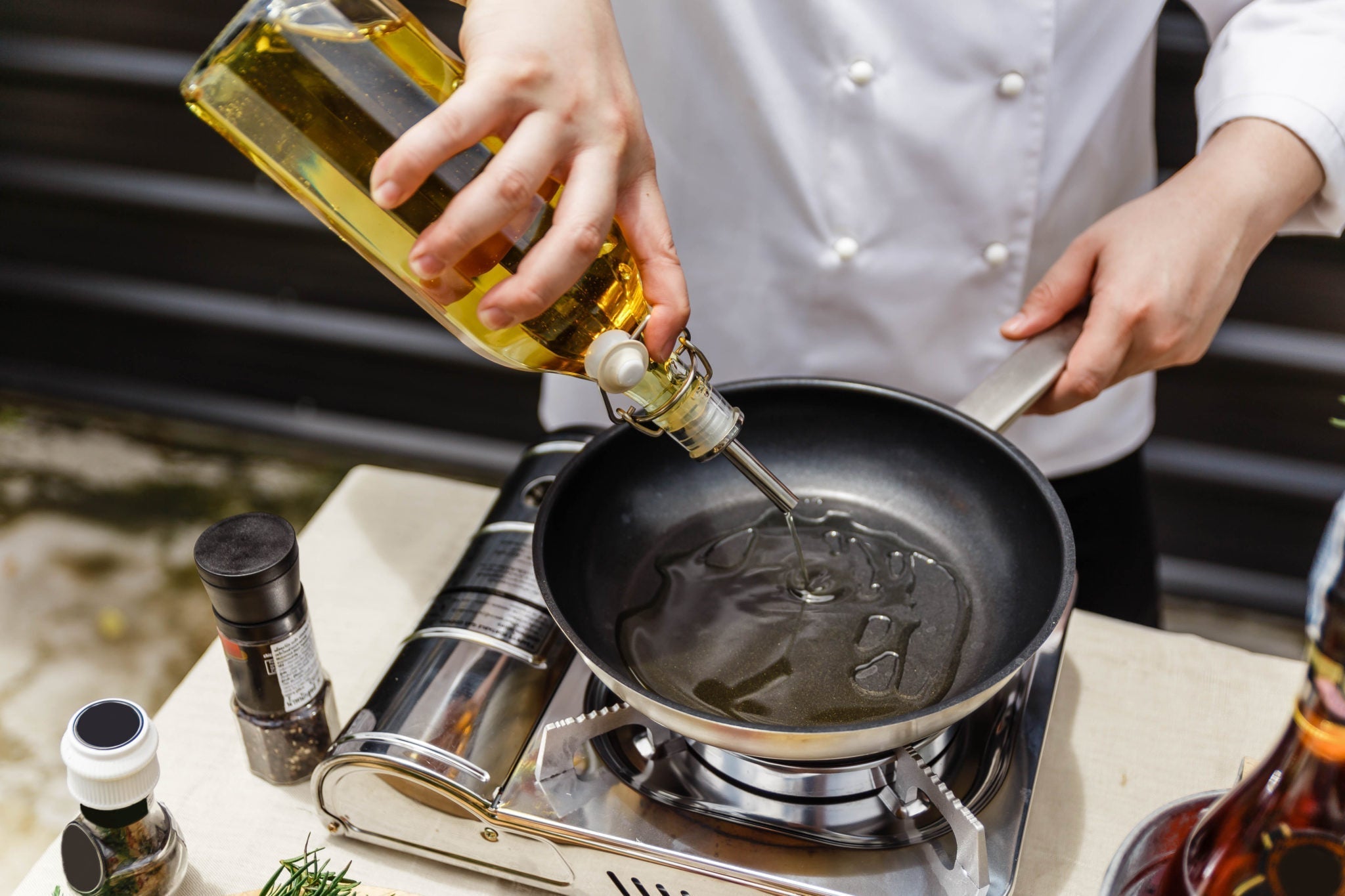The cleanliness of a commercial kitchen hood is critical to maintaining a safe and efficient working environment. For any business that relies on large-scale cooking, whether it's a restaurant, catering service, or hotel kitchen, knowing how to clean a commercial kitchen hood is indispensable.
Not only does a clean hood prevent fires caused by grease buildup, but it also ensures that the kitchen meets health and safety regulations. Let's delve into the essential steps and tips for keeping your commercial kitchen hood in top shape.

Why Regular Cleaning Is Crucial
Regular cleaning of the kitchen hood is not just about meeting health regulations. It's about ensuring the safety of your establishment, your staff, and your customers. Here are some pivotal reasons:
- Fire Safety: Accumulated grease can be a major fire hazard.
- Air Quality: Helps maintain better air quality by removing contaminants.
- Equipment Longevity: Regular maintenance prolongs the lifespan of your kitchen hood.

Tools and Materials Needed
Before diving into the process, gather all necessary tools and materials. Having everything on hand makes the task more manageable.
- Rubber gloves
- Goggles
- Plastic sheets
- Degreaser
- Scrub Brushes
- Sponges
- Bucket
- Pressure washer (optional)

Initial Preparation Steps
1. Safety First
Ensure the kitchen is completely shut down and the appliances are cool. Wear protective gear like rubber gloves and goggles.
2. Cover Surfaces
Use plastic sheets to cover the appliances and countertops below the hood. This will catch any falling grease and prevent extra cleaning work later.
3. Power Off
Make sure to disconnect the power source to the hood's fan and lights for safety reasons.

The Cleaning Process
1. Remove the Filters
Commercial hoods usually have removable filters. Carefully take them out and soak them in a sink filled with warm, soapy water or a degreaser solution.
2. Scrub the Hood
Apply a commercial-grade degreaser to the interior and exterior surfaces of the hood. Use a scrub brush to scrub away the grease. For tight corners, sponges or smaller brushes can be useful. In case the grease is too stubborn, consider using a pressure washer to dislodge the buildup.
3. Clean the Filters
While the filters are soaking, scrub them to remove as much grease as possible. Rinse thoroughly with warm water and allow them to dry before reinstallation.
4. Wipe Down the Surfaces
Once you've scrubbed the hood and rinsed the filters, use a damp sponge to wipe down all the surfaces. This removes any remaining degreaser and grease.
5. Dry and Reassemble
Allow all components to dry completely before reassembling the hood. Reinstall the filters and reconnect the power source.
Additional Tips for Maintenance
Regular Schedule
Stick to a regular cleaning schedule. Depending on your kitchen's usage, this may range from weekly to monthly cleanings. Read more about maintenance schedules.
Inspect for Damage
During each cleaning, inspect the hood and filters for any signs of damage. Replace any worn-out parts to ensure the equipment runs effectively. Learn more about equipment maintenance.
Professional Services
Consider hiring professional cleaning services for a deep clean periodically. They have specialized equipment and expertise to handle heavy-duty cleaning.
Conclusion
Mastering how to clean a commercial kitchen hood is crucial for maintaining kitchen safety and efficiency. By following a systematic approach, you can ensure your kitchen stays compliant with health regulations and provides a safe environment for your staff and customers. Regular maintenance not only prolongs the life of your equipment but also significantly reduces the risk of fire hazards.
For more detailed information on commercial kitchen hood cleaning, you can visit this link.
FAQ
1. How often should I clean my commercial kitchen hood?
This depends on the amount of usage. High-usage kitchens may require weekly cleaning, whereas others may need monthly cleanings.
2. Can I use household cleaning products?
For best results, use commercial-grade degreasers specially formulated for kitchen hoods, as household products may not be as effective.
3. Is it necessary to hire professional services?
While regular cleaning can be handled in-house, periodic professional cleaning is recommended for a thorough and deep clean.
As an Amazon Associate, I earn from qualifying purchases.






Leave a comment
This site is protected by hCaptcha and the hCaptcha Privacy Policy and Terms of Service apply.